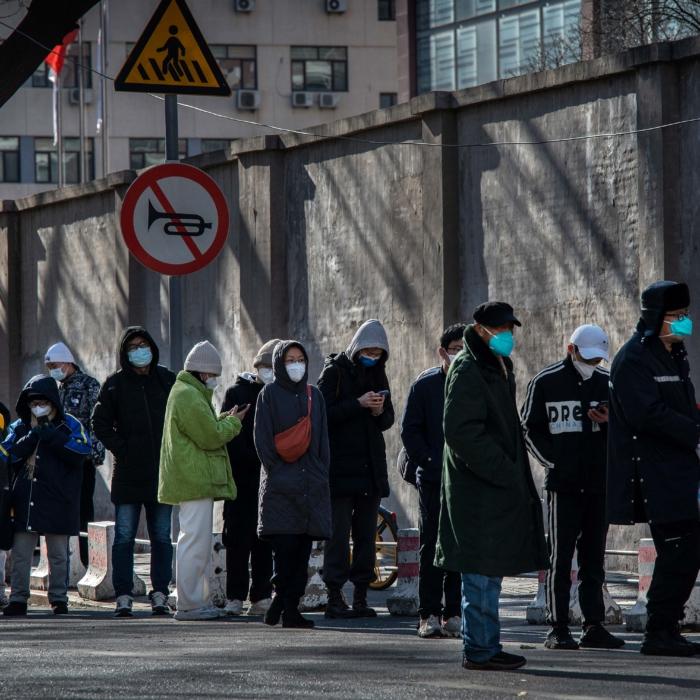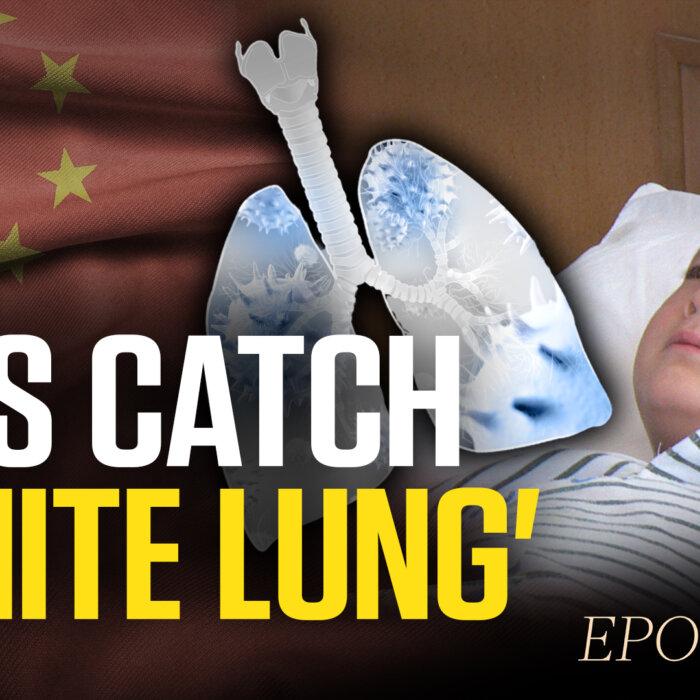A well-known Chinese figure skater has had to withdraw from a national championship due to contracting mycoplasma pneumonia, which has caught public attention amid reports of rampant mycoplasma pneumonia in China, and an overflow of patients at hospitals. The Chinese public and analysts suspect it’s the result of another wave of COVID-19.
Liu Xinyu, a 29-year-old figure skater, posted on the Chinese social media platform Weibo on Nov. 4 that he was recently infected with mycoplasma pneumonia. He was training while taking injections, and managed to compete in the Canada International in late October. However, his condition worsened after the event. “I developed symptoms of heart pain and was unable to breathe, and my morning pulse was also 120,” he said.
Mr. Liu and his skating partner Wang Shiyue participated in the ISU Figure Skating Grand Prix held in Vancouver, Canada, on Oct. 28, and ranked tenth. The pair won China’s National Figure Skating Grand Prix Championship in 2014 and 2020.
Mr. Liu said in his post that he did not want to forfeit the national game without a fight and went to the ice rink every day to try and train. However, his heart could not bear the high-intensity training. He has had to withdraw from next week’s China Cup Grand Prix for further examination and treatment.
The day before Mr. Liu posted his withdrawal, the China Cup World Figure Skating Grand Prix official announced that Mr. Liu and Ms. Wang would be withdrawing from the competition due to health reasons and would be replaced by another pair of skaters Shi Shang and Wu Nan.
Mr. Liu’s withdrawal from the competition due to mycoplasma pneumonia caught public attention and triggered heated discussions on Chinese social media.
A user named “Eclair“ posted: “It’s the same as when it suddenly opened [COVID-19 lockdown restrictions] at the end of last year, they have been misleading people not to go to the hospital if they have ‘a big cold’ [Chinese officials’ description of COVID-19], a group of heartless people.”
A Wave of Outbreaks
According to reports from Chinese official media such as People’s Daily Online and China News Network, the ruling Chinese Communist Party’s (CCP) experts said that mycoplasma pneumonia has become prominent in some areas of China in the past two years, especially this year. There are clusters of cases in a few families or social settings, but it is not an infectious disease and will not be as contagious as COVID-19.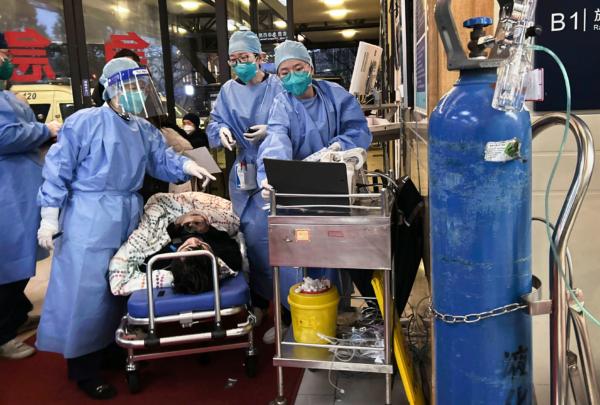
However, hospitals in many regions of China have seen a spike of Mycoplasma pneumonia infections especially among children. According to a report by mainland Chinese media “Xinmin Weekly” on Nov. 4, the children’s emergency department of Shanghai Songjiang District Central Hospital has been receiving more than 700 sick children every day, three times more than the same period in previous years.
A staff member of a Center for Disease Control in the suburbs of Shanghai told The Epoch Times that there has indeed been an outbreak of pneumonia in children recently.
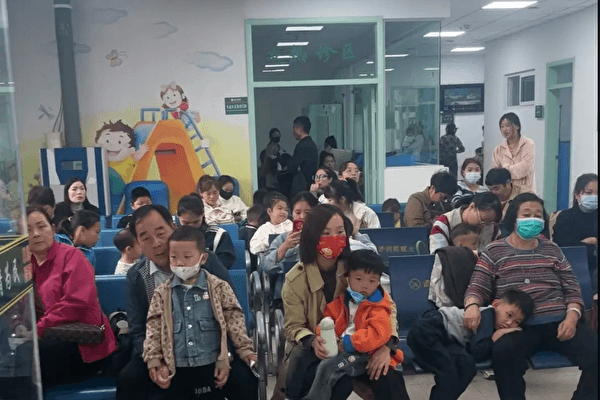
Ms. Yuan, a Shanghai resident, told The Epoch Times that she has observed that mycoplasma pneumonia is contagious.
“Several of my colleagues’ children were infected first. When they returned home, they infected their mothers, and then the elderly. The main source of its spread is among children first, and then the children will infect the people living with them when they return home, infecting adults.”
“Actually, it’s the same as when the [COVID-19] epidemic occurred. There is no effective medicine to treat it. It all depends on the individual’s immunity,” she said.
A parent posted on social media on Nov. 2, “Mycoplasma pneumonia has exploded in Shanghai this time. It takes only five minutes to be looked at by a doctor but seven or eight hours of waiting in line.”
Based on the reported symptoms, especially the white lung symptoms in children, and facing a chronic lack of transparency by CCP authorities coupled with the lack of press freedom in China, residents’ suspicions point to another outbreak of COVID-19.
COVID-19 was originally called “Wuhan pneumonia” in China, due to its symptoms when it first broke out in Wuhan, Hubei Province, in late 2019.
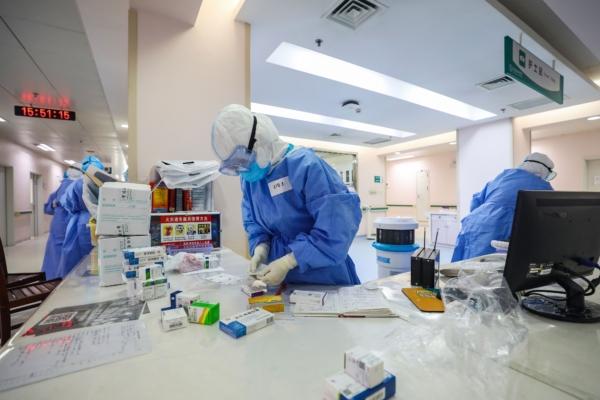
Sean Lin, an assistant professor in the Biomedical Science Department at Feitian College and a former U.S. Army microbiologist, told The Epoch Times, “In fact, the COVID-19 epidemic has never left China. But the CCP authorities don’t dare to mention it anymore, so they used ‘H1N1’ or ‘Mycoplasma Pneumonia’ to cover it up.”
He said that if the outbreaks were really of mycoplasma pneumonia, patients would respond to known treatments.
“It’s not difficult to control mycoplasma pneumonia with antibiotics, it can’t be that the medicine does not work,” he said. “It may be a new variant of the COVID-19, and a comprehensive attack by more than two viruses and bacteria, [that] cannot be ruled out.”

